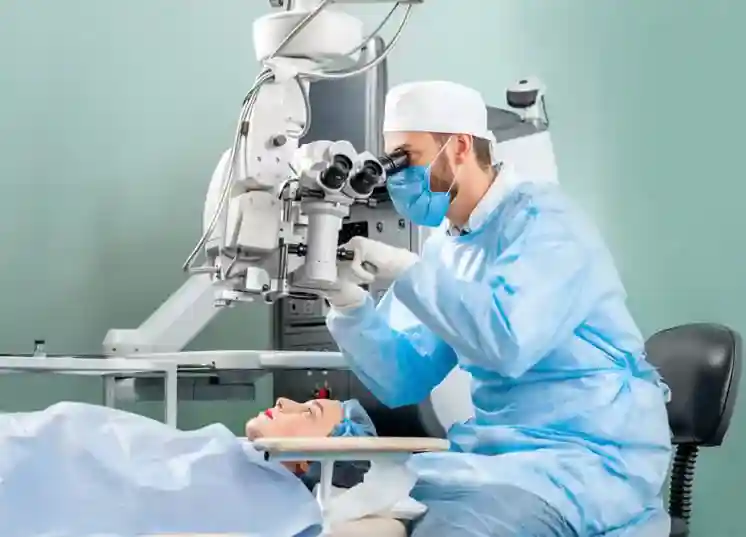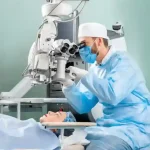LASIK, abbreviated for laser-assisted in situ keratomileusis, is the most popular surgical procedure used to treat refractive errors. All the vision problems which occur due to refractive errors, including astigmatism and hyperopia, can be treated through LASIK Surgery. Thus, LASIK proves to be the best solution to get over all the troubles which occur with the use of spectacles and Contact lenses. So, if you are tired of dealing with the uncomfortable experience of your contacts and glasses then you must switch to the one stable solution and undergo a LASIK treatment. However, it is a crucial decision and therefore before you decide to undergo the surgery you should know all about it.
- What is LASIK?
LASIK is a surgical procedure which is built upon an eminently specialized laser called the Excimer Laser. It is a method of refractive surgery which helps in correcting all vision problems caused due to refractive errors such as Nearsightedness, Farsightedness, astigmatism, etc.
- Duration of the Surgery
The procedure of LASIK surgery accounts only to 20 minutes. Moreover, the phase of surgery which includes the correction of vision through the laser lasts only for 20 – 50 Seconds. Both the eyes can be treated in one go. The patient can be relieved from the hospital immediately after the surgery.
- Eligibility to undergo the LASIK
The eligibility of the patient to undergo the LASIK surgery depends upon two factors – the age and the refractive error. In terms of age, you must be at least 21 years old. Moreover, you should not possess any injuries or diseases in the eye. Other than this, the FDA has mandated definite treatment ranges for the surgery. Hence, only particular degree of refractive error can be treated by LASIK. Therefore, before undergoing the surgery you must know if your refractive error range is eligible for the surgery or not.
- Who Performs the LASIK Surgery
Only an Eye Specialist, known as an Ophthalmologist, is eligible for conducting a LASIK surgery. An Ophthalmologist is particularly a medical physician holding a specialization in LASIK and other Refractive surgeries. Ophthalmologists have undergone a comprehensive training in regards to the diagnosis and treatment of all sorts of eye problems and providing definitive eye care solutions to the patients.
- Recovery
In case of LASIK surgery, the recovery does not take a long time. Nonetheless, it is important for you to be very cautious and careful after the surgery. For an instance, your eyes should not be exposed to dust and sunlight and must be kept moisturized all the time to prevent irritation, redness, and infections of any kind.
- Myths and side effects
There are various popular myths about LASIK surgery. Suggesting that the surgery is incompetent of correcting the vision or the belief that LASIK may cause complete blindness are all myths. LASIK surgery does not possess any such side effects. Moreover, it is the most comfortable way of getting rid of all refractive errors.
- Cost
Earlier, the LASIK surgery would have been expensive for numerous economic groups. However, with time and technological up-gradations and availability, the cost of the LASIK surgery has considerably declined. Now, it doesn’t cost a fortune to attain a clear vision.





